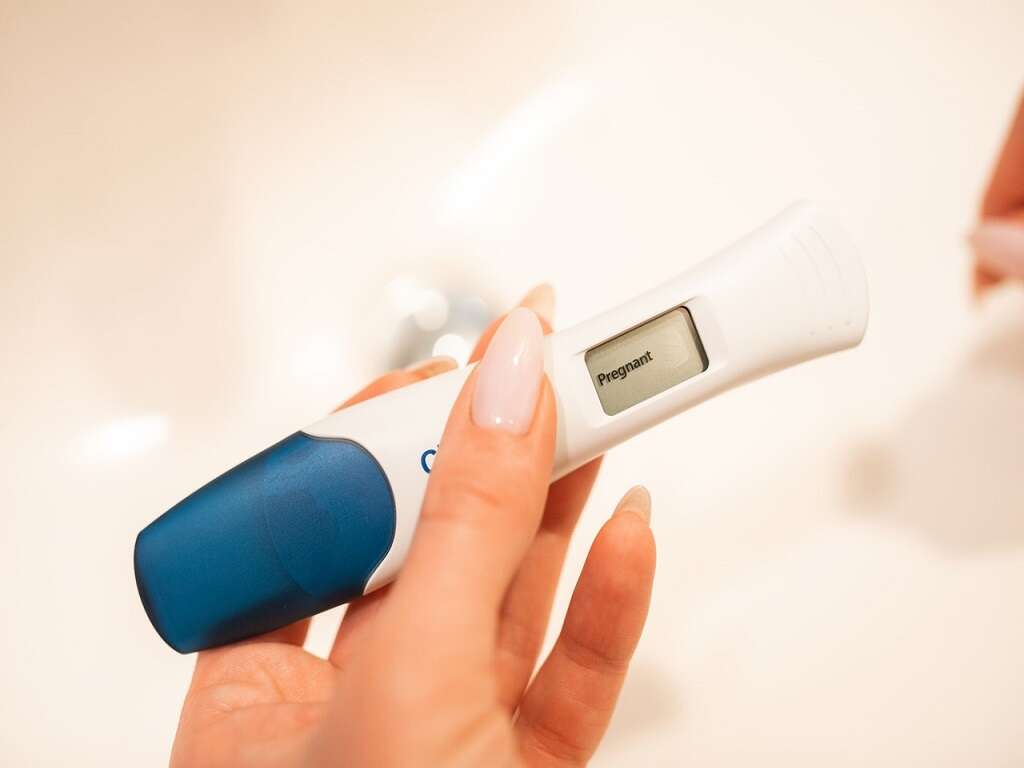10 Symptoms of Perimenopause
Perimenopause is the transition to menopause which starts a few years before menopause begins. This is the time where your ovaries gradually slow down its estrogen production. The perimenopause phase usually starts when a woman reaches her 40s. In some cases, there are also women who start their perimenopause phase in there 30s or even earlier. This perimenopause phase starts and lasts until menopause, a point where the female body no longer releases eggs for the function of reproduction.
In the last few years during perimenopause, the estrogen level drops dramatically causing women to experience many symptoms. Perimenopause can last an average of 4 years. However, in some women, the perimenopause phase may be as short as a few months or can last as long as 10 years. After 12 years of no longer menstruating, the perimenopause phase ends and the woman is deemed to have menopause.
This phase may start earlier if there is a family history of early menopause, if you have had a hysterectomy (surgical removal of the uterus) or oophorectomy (surgical removal of the ovaries), have gone through treatments for cancer, or are a smoker.
Symptom #1: Change in Menstrual Cycle
In perimenopause, as the estrogen level declines, your menstrual cycle may change leading to irregular vaginal bleeding. In some women, their menstruation becomes lighter while some women experience much heavier bleeding. The cycle duration also starts to vary in length. For example, if your usual cycle lasts 28 days, during the perimenopause phase, your cycle may become shorter or longer causing you to have more frequent or less frequent menstruation before finally coming to a cessation (menopause).
It is common for women who are in their perimenopause phase to experience menstruation even after months of not having one. If you are experiencing irregular vaginal bleeding and is of the perimenopause age, you should still seek medical attention to ensure that your irregular menstrual bleeding is not due to life-threatening conditions such as cancer.
Symptom #2: Hot Flashes
Among women who are going through the perimenopause phase, hot flashes can be quite common. It is a term that is used to describe the sensation of radiating warmth felt most distinctly in the head and chest. It can last for several minutes and lead to perspiration and flushing. The cause of hot flashes is still not understood but experts believe that it may be caused by the hormones and biochemical levels that are fluctuating as a result of declining estrogen levels.
As many as 40% of women in their 40s have already started experiencing hot flashes which indicates that it may be one of the earlier signs of perimenopause. After 5 years, 80% of women stop experiencing this issue while another 10% can suffer from hot flashes for as long as 10 years. The episodes of hot flashes waxes and wanes and can occur with other symptoms.

Symptom #3: Night Sweats
Night sweats is a term that refers to excessive sweating that occur at night especially when one wakes up in the middle of the night and is drenched in sweat. This occurs only in normal temperatures and should not account for when the temperature of the room is too warm or if you are sleeping with too many sheets and covers.
Night sweats can be frustrating and distressing as it may be accompanied by other symptoms such as hot flashes leading to issues such as insomnia, difficulty falling asleep, frequent awakening. These issues further cause excessive daytime sleepiness, irritability, and poor focus at daily routines such as work performance.
Symptom #4: Insomnia
Women who are going through the perimenopause phase can find it difficult to sleep throughout the night due to other symptoms such as hot flashes, night sweats, or emotions such as depression and anxiety. As the estrogen level declines, women in the perimenopause phase can become more susceptible to stressors in life.
At the perimenopause age, women are also going through crucial events in their life such as empty nest syndrome where their children have grown up and are leaving home for college, retirement, and other issues. The increased stressors can keep them up at night worrying and getting more stressed. It is important to talk to your doctor or friend as a listening or sympathetic ear can often be helpful.

Symptom #5: Fatigue
Women in the perimenopause phase go through symptoms such as night sweats, hot flashes, insomnia, and more. All these symptoms often leave women unable to have a good night’s rest which leads to excessive daytime sleepiness, poor focus, and irritability.
Their susceptibility to stressors which causes them to worry more can also increase stress and can be exhausting both mentally and physically. If you are experiencing stress and insomnia, try talking to your doctor or try having a regular exercise routine. Meditation and yoga may also be beneficial in helping you cope better with new lifestyle changes.
Symptom #6: Vaginal Dryness
As the estrogen level in the body gradually declines, it can lead to vaginal tissue atrophy where it starts to get thinner, drier, and less elastic. These issues can lead to vaginal dryness, itching, and irritation. It can also affect your sex life as vaginal dryness can lead to pain during intercourse.
It has been observed that vaginal dryness occurs to as many as 58% of women. You may also find that your libido decreases along with your estrogen levels. If you are experiencing these issues, you should try talking to your doctor about trying hormone replacement therapy or other measures such as vaginal lubricants.

Symptom #7: Worse Premenstrual Syndrome
Premenstrual syndrome refers to a condition where a woman’s physical health, emotions, and behavior are affected during certain days of their menstrual cycle (usually in the days leading up to menstruation). This occurs due to the changes in hormone levels. Symptoms of premenstrual syndrome affect up to as many as 85% of women who are menstruating. However, there are severe cases where it affects the individual’s life enough leading to an official diagnosis.
Some of the symptoms of premenstrual syndrome include abdominal pain, bloating, tender breasts, acne, food cravings, diarrhea, constipation, headaches, fatigue, irritability, anxiety, depression, and more. In the perimenopause phase, their premenstrual syndrome symptoms may worsen compared to usual.
Symptom #8: Depression and Anxiety
During the perimenopause phase, women often report emotional symptoms such as depression, sadness, anhedonia, anxiety, difficulty focusing, lack of motivation, aggressiveness, and more. These emotional changes can occur as the declining estrogen levels worsens premenstrual syndrome symptoms such as previously established.
If you ever feel that you are unable to cope and need a sympathetic ear or shoulder, try talking to a good friend, look for a support group, or try talking to your doctor. Some prescribed medications or therapy may be able to help you through this difficult time.

Symptom #9: Increased Weight
Generally, women in the perimenopause stage start gaining weight. The fluctuating hormonal changes further contributes to the increase in weight gain especially around the regions of hips, thighs, and abdomen.
While many tend to blame it on age and menopause, it is important to realise that lifestyle factors such as having a healthy diet, regular exercise routine, limiting alcohol, and genetics also play a role in weight gain. As age increases, muscle mass decreases which lowers the body’s basal metabolic rate which also contributes to a higher likelihood of weight gain.
Symptom #10: Urine Leakage or Urgency
In the perimenopause phase, women may experience more urinary symptoms. The urethra Is the transport tube that helps the excretion of urine from the bladder to the outside. During this phase, the urethral lining can become thinner and less elastic as there is a decrease in estrogen levels.
These changes can cause a higher likelihood of urinary tract infections which leads to increase frequency, increased urgency, discomfort during urination, leakage when coughing, sneezing, or laughing.











